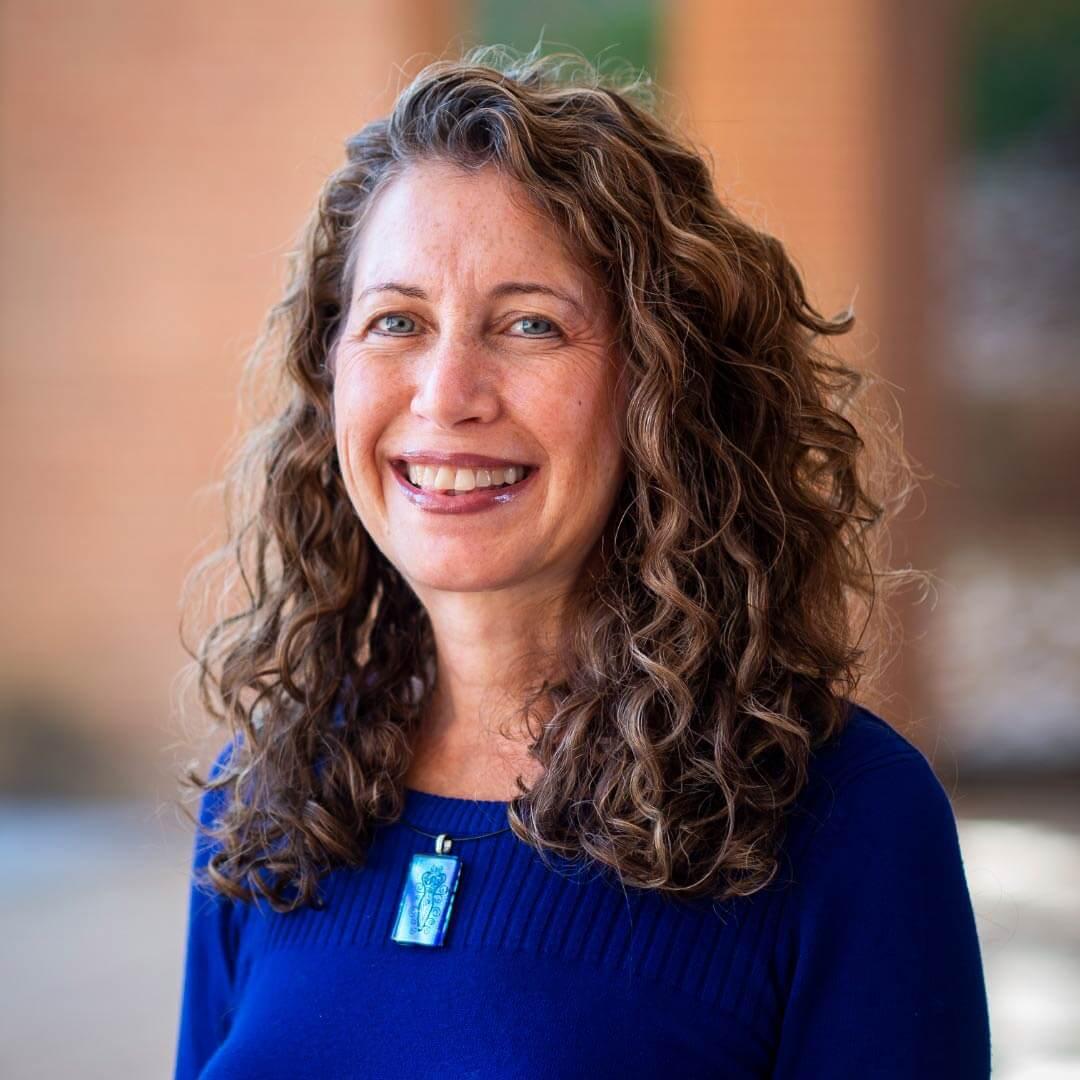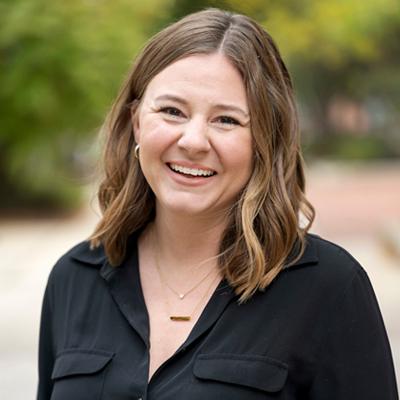Global Public Health
Crossing boundaries to advocate for the well-being of all
Introduction
As the recent pandemics of COVID-19 and H1N1 influenza have shown all too starkly, health issues transcend country boundaries and can affect all aspects of society, from economic development to political stability to national security.
Global Public Health (GPH) explores the connections between health, culture, economic development and environmental sustainability around the world while advocating for the well-being of all communities. Through class discussions, group projects and lectures from guest speakers, students:
- Learn about the range of health problems that cross borders;
- Consider the ways in which cultural and social issues affect a population's overall health; and
- Analyze the major public health approaches, and challenges, to reducing global health inequalities.
With careers in global public health experiencing tremendous growth, interdisciplinary training and collaboration in these areas is more important than ever. Students therefore are exposed to a wide swath of global public health issues, including health inequalities, nutrition, maternal and child health, infectious disease, noncommunicable disease and environmental health.
GPH offers students from all majors opportunities to connect what they're learning with their future career goals. The program may be of particular interest to those interested in health education and policy, the health professions, global development, research and service.
Colloquium and Lecture Topics
- The Sustainable Development Goals (SDGs) and global health
- Global health through the lens of local action
- Maternal, child and family health in global contexts
- Social determinants of health
- Ethics, economics and human rights
- Global health “players” (e.g., multilateral and bilateral aid organizations, private foundations, national governments, UN agencies)
Because of GPH, I could access opportunities I would never have imagined, such as working at the Center of Vaccine Development and going on to aid in the COVID-19 vaccine trials. I greatly appreciate the community that I was able to form with my peers and the valuable professional mentorship I received from my instructors, as I know it has positively impacted my career trajectory.
Other Learning Opportunities
Students in GPH enjoy multiple opportunities to apply what they learn in the classroom to the world around them. Thinking globally and acting locally, students will:
- Interact with leading experts in the field of public health, both domestic and international;
- Visit agencies involved in global health, such as the National Institutes of Health (NIH) and the U.S. Agency for International Development (USAID);
- Participate in service-learning activities such as Global Handwashing Day at the Center for Young Children; and
- Enjoy unique opportunities to get involved in research teams, such as the campus CATCH the Virus and COVID studies.
Finally, students directly engage with public health organizations and community-based health agencies through internships, research and service-learning. Past practicum opportunities have included:
- Internships at government organizations such as the U.S. Department of Agriculture and the Centers for Disease Control and Prevention;
- Service-learning projects in hospital, education and mental health care settings;
- Research in labs studying a variety of topics such as vaccinations, pesticides and RNA; and
- Support of community health work in Peru, Sierra Leone and India, through the GPH-associated student organization, Public Health Beyond Borders.
Curriculum Overview
Over the two-year program experience (four semesters), students will complete 2 supporting courses totaling 6 credits that will count toward your GPH Scholars citation. In most cases, these, as well as your GPH required courses, will fulfill General Education requirements. Note that your Scholars courses—colloquiums, capstone practicum and supporting courses—will generally be in addition to any courses you take to satisfy major requirements.
The following table represents a typical two-year curriculum, but individual schedules may vary. Details about courses and requirements can be found on the GPH Citation Checklist.
| SEMESTER | COURSE | CREDITS |
|---|---|---|
| Freshman Fall | Scholars Colloquium | 1 credit |
| Families and Global Health | 3 credits | |
| Academic Writing (can be taken either Freshman Fall or Spring semesters) | 3 credits | |
| 2–4 courses toward degree and major requirements (including possible supporting course) | 6–12 credits | |
| Freshman Spring | Scholars Colloquium | 1 credit |
| 4–5 courses toward degree and major requirements (including possible supporting course) | 12–15 credits | |
| Sophomore Fall | Scholars Colloquium | 1 credit |
| 4–5 courses toward degree and major requirements (including possible supporting course) | 12–15 credits | |
| Sophomore Spring | Scholars Practicum | 1–3 credits |
| 4–5 courses toward degree and major requirements (including possible supporting course if not already completed) | 12–15 credits |
Sponsoring College
Residence Hall
Centreville Hall
Office Address
1213 Centreville Hall
Office Phone
Faculty



Social Media Etc.
Global Public Health News
2025 Citation Class Honored at Awards Ceremony
College Park Scholars celebrated the best and the brightest of its most recent Citation class at its annual Citation and Awards ceremony recently. The 2025 Citation class, already packed with leaders in their academic fields of study and on campus, emerged undaunted by the challenges as one of the last high school classes during the pandemic, as productive community members in Scholars and at the University of Maryland.
Scholars Emerge as Finalists for Maryland Medallion Society Awards
The Maryland Medallion Society is a community of students who have shown exceptional leadership and integrity. These students are also the finalists for the University’s top two prestigious awards: the University of Maryland Model Citizenship Prize and the Wilson H. Elkins Award.This year, several College Park Scholars alumni were finalists for the top two awards – Jhennifer Celestino Alva (Global Public Health), Lily Fleischmann (Public Leadership), Sarang Han (Science and Global Change), Erika Holdren (International Studies), Abigail Manga (Public Leadership), and Kaitlyn Zhou (Public Leadership).
Strengthening Communities, a Course at a Time
Civic Engagement Across the Curriculum at UMD (CEAC at UMD), a pilot professional development program, supported 12 instructors, including several College Park Scholars program directors and staff, from seven schools and colleges as they integrated community-focused strategies and experiences into more than 20 courses serving over 1,000 students, in disciplines as varied as art, kinesiology and sociology, during the fall and spring semesters. College Park Scholars in the CEAC at UMD 2024-25 Cohort:
Scholars Honor Citation and Founders Circle Award Winners at Annual Ceremony
College Park Scholars, celebrating the 30th anniversary of the program's founding, honored the best and the brightest of its most recent Citation class at its most recent Citation and Awards ceremony. This tenacious class, filled with future changemakers and leaders, pushed through a challenging start to college that began during the pandemic to emerge as standouts in the classroom, in their communities, and at the University of Maryland.
Fourteen Scholars Named Class of 2024 Senior Marshals
Senior Marshals are graduating seniors who have demonstrated the highest levels of scholarship, service to the campus community, extracurricular involvement, and personal growth. The University of Maryland Senior Marshals represent graduating seniors who have demonstrated the highest levels of scholarship, service to the campus community, extracurricular involvement, and personal growth.
Scholars Shine at Do Good Challenge Finals
Despite not capturing the top prizes at the 2024 Do Good Challenge Finals held earlier this week, four members of College Park Scholars and their respective projects shined.Two Scholars - Takiyah Roberts (STS) and Elias Laskey (GPH) - and their teams went head-to-head in the Project Track competition.
